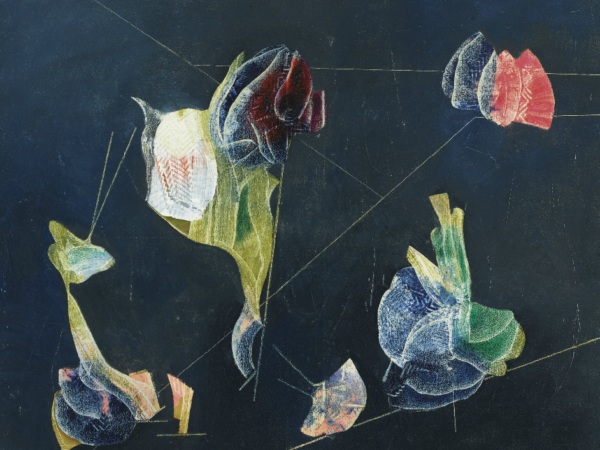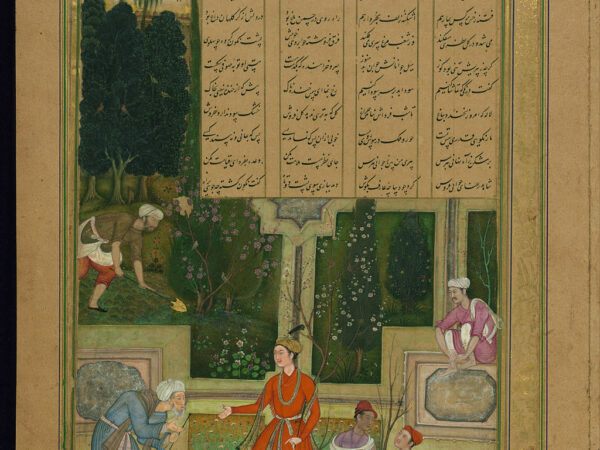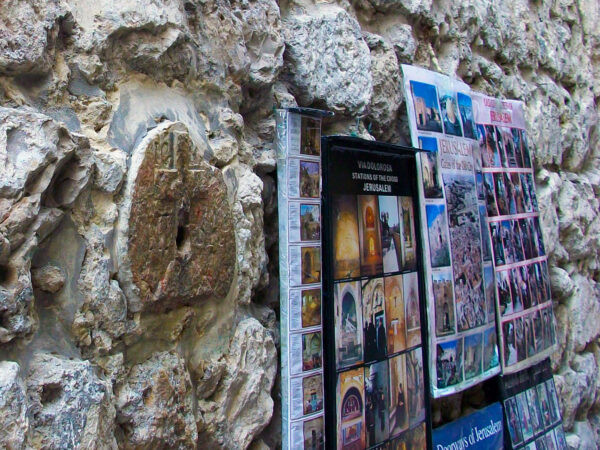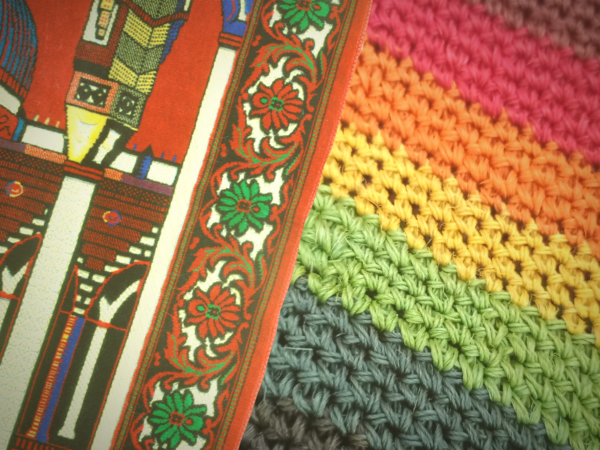
Since the risen Christ embodies the gift of hope for those who follow the post-resurrection Christ, our reading of the Johannine narrative on the encounter between the risen Christ and the followers ought to open our hearts to encountering difference as an opportunity to replicate the gift that the followers received – openness to difference as the means by which God chooses to make God present in our world.

The burgeoning subfield of queer and trans studies in religion is opening up avenues for understanding our bodily attachments within and beyond religion. With Berlant’s sensibility as a guide, scholars of queer and trans studies in religion might seek to explore the paradoxes of desire and love that Berlant theorized with a generosity, curiosity, and clarity we can all hope to emulate.
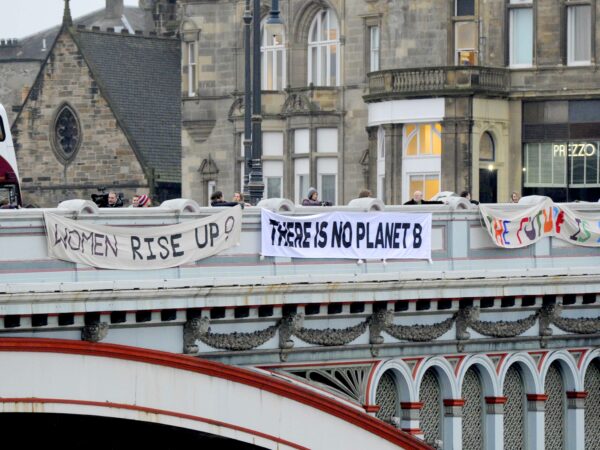
Berlant’s work points us to other possibilities that avoid, that resist, the fantasy of redeemed gender—calling for us instead to reside in the messiness of our attachments and providing space and ways for us to negotiate them, rather than seeking to transcend them. Whereas the efforts to transcend gender seem to, paradoxically, deepen our attachments to gender norms, it is also the case then that in negotiating the messiness of those attachments, one finds space for other ways of doing gender that perhaps subvert or move us beyond its constraining norms.
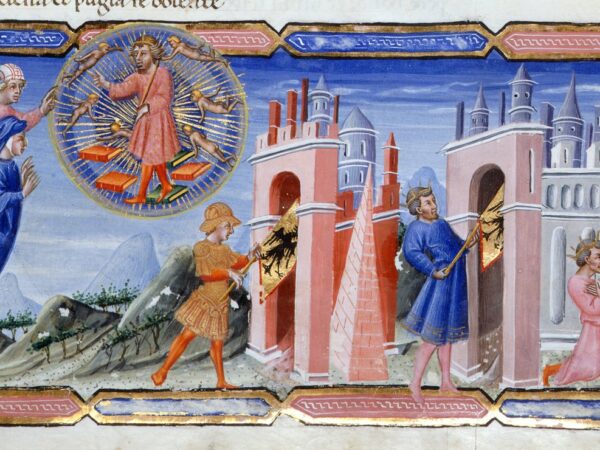
Some narratives about secularization and modernization processes which include pre-modern history still tend to postulate a trajectory of an early emergence of secularity in Europe, particularly in the form of a separation of church and state beginning during the European Middle Ages. But more recent findings suggest that medieval Christian Europe remained quite comparable to other cultural constellations: Rather than a secular sphere, political dynamics produced demands for the de-politicization of religion, or at most, situations and social spaces of ‘neutrality.’
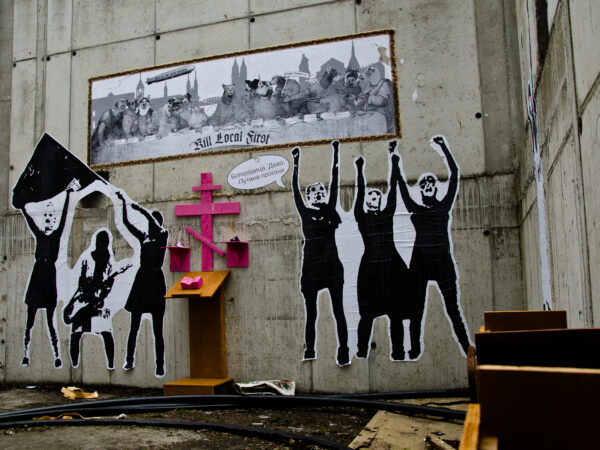
This piece is from the Political Theology Network archives originally posted on August 23, 2012.

